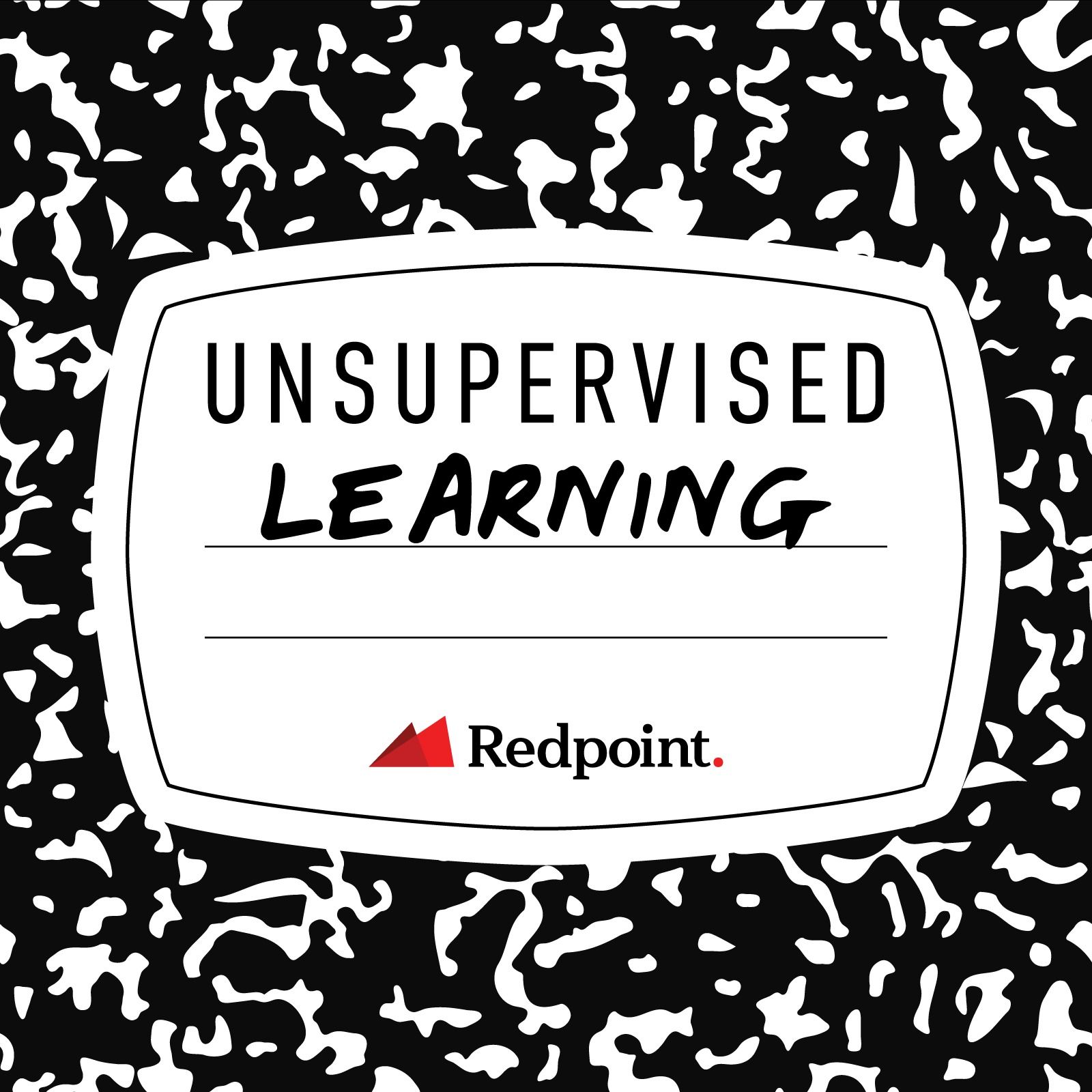
Ep 69: Co-Founder of Databricks & LMArena on Current Eval Limitations, Why China is Winning Open Source and Future of AI Infrastructure

Unsupervised Learning
Deep Dive
- LMArena was born from a need to evaluate the Vicuna model.
- Initially, student evaluations were used, then GPT-4.
- It evolved into a platform with human-based evaluations and an ELO rating system.
- Handles the dynamic nature of model comparisons.
Shownotes Transcript
Ion Stoica helped define the modern data stack. Now he’s coming for AI evaluation. From co-founding Databricks and Anyscale to launching LMArena, Ion has shaped the infrastructure underlying some of the biggest shifts in computing. In this conversation, he unpacks what most people get wrong about model evaluation, the infrastructure challenges ahead for agents and heterogeneous compute, and why he believes the U.S. is structurally disadvantaged in open-source AI compared to China.
(0:00) Intro(0:49) Launching a New Startup: LMArena(1:01) The Origin of the Vicuna Model(1:54) Challenges in Model Evaluation(6:33) Becoming a Company(7:47) Expanding Evaluation Capabilities(13:48) The Importance of Human-Based Evaluations(18:56) Open Source vs. Proprietary Models(23:05) Infrastructure and Collaboration Challenges(28:22) China's Strategic Advantages in Technology(29:54) Opportunities in AI Infrastructure(31:50) Challenges in AI Model Optimization(35:49) The Role of Data in AI Enterprises(39:31) Reflections on AI Progress and Predictions(50:40) Quickfire
With your co-hosts:
@jacobeffron
- Partner at Redpoint, Former PM Flatiron Health
@patrickachase
- Partner at Redpoint, Former ML Engineer LinkedIn
@ericabrescia
- Former COO Github, Founder Bitnami (acq’d by VMWare)
@jordan_segall
- Partner at Redpoint